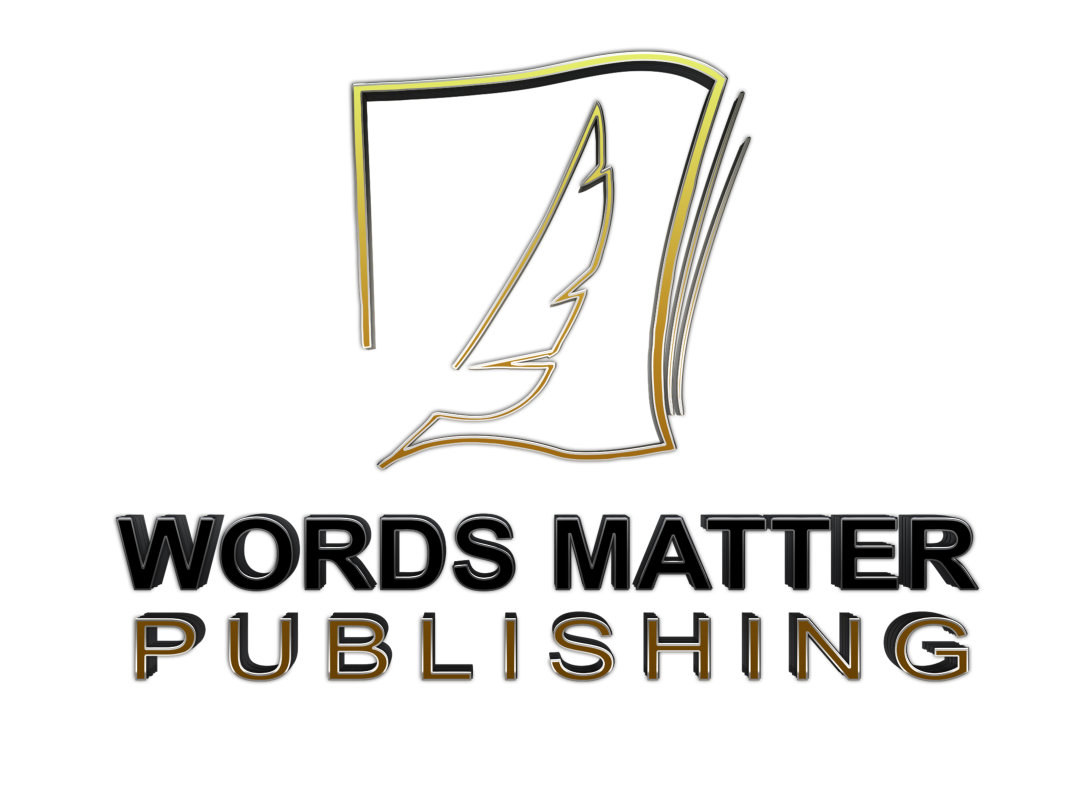The Art of Writing Conversations Readers Actually Want to Read
Nothing pulls a reader out of a story faster than clunky, stiff dialogue. You know the kind—lines that sound like they belong in a soap opera or a bad high school play. It’s unnatural. It’s over-explained. It’s… just plain awkward.
But when dialogue is good—when it flows, reveals character, builds tension, and sounds like something real people would actually say—it becomes the heartbeat of your story.
In this post, we’ll dive into how to write sharp, believable, emotionally charged dialogue that pulls readers deeper into your world and keeps them turning the page.
Why Dialogue Matters
Great dialogue does more than fill the silence. It:
- Reveals character
- Advances the plot
- Builds relationships
- Increases tension
- Delivers information naturally
It’s not just people talking. It’s subtext, voice, rhythm, and conflict—all rolled into one.
What Real People Don’t Do (That Writers Often Write)
Let’s start with a few things real people rarely say:
- “Hello, John, my brother whom I have lived with for 14 years.”
- “As you know, I’m your doctor and this is a hospital.”
- “I am feeling very sad right now about the thing that happened.”
These are all examples of on-the-nose dialogue—where characters say exactly what they think and feel with zero nuance or subtext. It’s boring. It’s unrealistic. And it insults the reader’s intelligence.
How to Make Dialogue Sound Natural
- Cut the Formality
People speak in fragments, contractions, and run-ons. They interrupt each other. They change the subject. Your characters should, too.
Instead of:
“I do not think that is the correct decision, Amanda.”
Try:
“Bad call, Amanda. Seriously.”
- Add Subtext
People rarely say what they mean—especially in emotionally charged moments. Let their real thoughts hide beneath their words.
Example:
“You’re late again.” (Might actually mean: “I don’t feel like a priority to you.”)
- Use Conflict and Tension
Great dialogue is built on friction. If every conversation ends in agreement, your story has a problem. Let characters argue, misunderstand, and push each other.
Conflict is what makes a conversation interesting.
- Differentiate Voices
Every character should sound like themselves. Consider:
- Vocabulary and slang
- Sentence length and rhythm
- Cultural background
- Age and education
Can you tell who’s speaking without the dialogue tag? That’s the goal.
- Read It Aloud
If it sounds awkward in your mouth, it will sound awkward in a reader’s mind. Read it. Perform it. Better yet—have someone else read it and watch where they stumble.
Tricks for Sharpening Dialogue
- Use tags sparingly. “Said” is your friend. Avoid thesaurus gymnastics (he exclaimed, she interjected, they bellowed).
- Trim the fat. Cut filler words, repeated info, and small talk that doesn’t move the story forward.
- Let actions speak. Sometimes a gesture says more than a line of dialogue. Combine movement with speech.
- Silence is powerful. A pause, a look, or a character not responding can be just as impactful as a long speech.
Dialogue That Delivers Information
Need to reveal a key fact through dialogue? Don’t dump it. Integrate it.
Instead of:
“As you know, I transferred from the FBI two years ago after the accident.”
Try:
“That’s rich coming from the guy who left the FBI after he froze up.”
Now you’ve added character tension and backstory—without lecturing the reader.
Avoid These Common Dialogue Sins
- Monologues that go on forever
- Overuse of names (“John, I think you’re wrong.” “Well, Sarah, I don’t care.”)
- Too much exposition
- Perfect grammar (unless your character is a robot)
- Dialogue that repeats what the reader already knows
Final Thoughts: Less Talk, More Voice
Dialogue is your secret weapon. It’s where characters come alive, where relationships form or fracture, and where plot twists get whispered instead of shouted.
When done right, it doesn’t just sound good—it feels real. So give your characters their own voices. Let them interrupt, argue, flirt, fumble, and hide their true intentions.
Because when your dialogue doesn’t suck, your story sings.


